Keywords: Economic Benefits
There are more than 200 results, only the first 200 are displayed here.
-
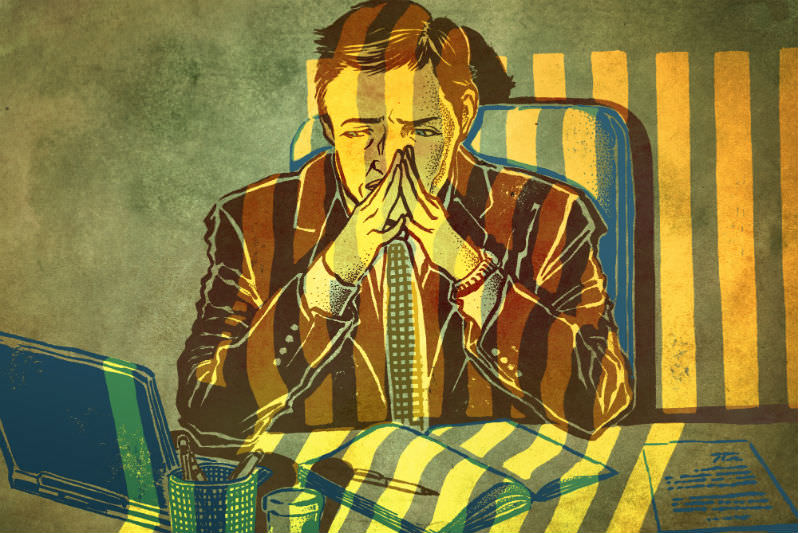
AUSTRALIA
- Nicola Heath
- 10 October 2019
7 Comments
For a nation with such a significant convict history, Australians take a peculiarly puritanical approach to prisoner welfare. Punishment, not rehabilitation, is often viewed as the point of the justice system. We take a very dim view of anything that could be construed as a prisoner perk. One such perceived privilege is access to the internet.
READ MORE 
-
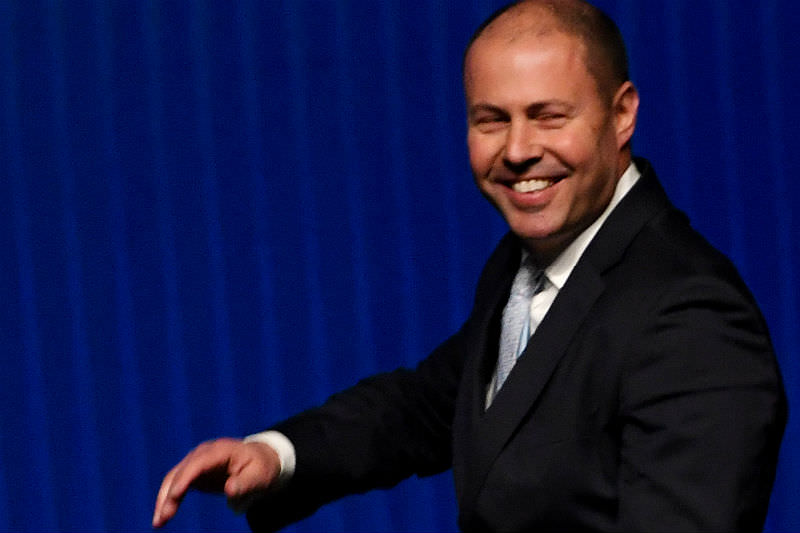
AUSTRALIA
While the current economic climate is cause for concern, it is not the time to panic. A more sensible alternative to austerity is for governments, business, unions and charities to look for ways we can together soften the impact of any global downturn. This will require bipartisan agreement to sacrifice some or all of the budget surplus.
READ MORE 
-

INTERNATIONAL
- Jeff Sparrow
- 08 July 2019
5 Comments
When discussing climate change, it's easy to depict the world's reliance on fossil fuels as primarily a technological problem, to be resolved by new methods for harnessing renewable energies. But that's only part of the story, as the example of Saudi Arabia shows.
READ MORE 
-
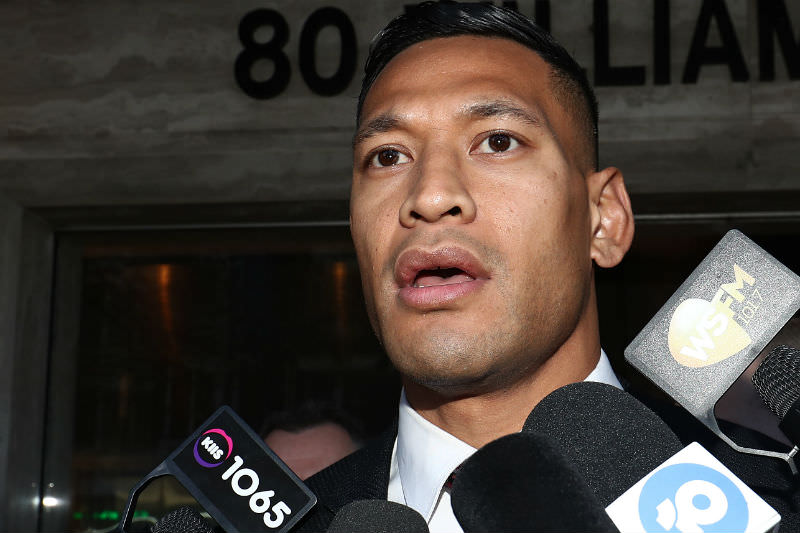
AUSTRALIA
- Chelsea Candy
- 02 July 2019
50 Comments
By close of business on Thursday, the Australian Christian Lobby had raised over $2 million for Israel Folau's legal fighting fund. I can't help but wonder about the priorities of the Christians supporting the fundraiser. As a former community lawyer, I can think of many ways $2 million might be spent to help those facing a battle with the law.
READ MORE 
-

FAITH DOING JUSTICE
- Chris Middleton
- 25 June 2019
10 Comments
In addressing these issues as priorities, I would argue for not focusing on big ideological statements or on a one-size fits all climate policy, but rather invest in the resilience and adaptability of a capitalist/consumer system to meet our environmental concerns.
READ MORE 
-

AUSTRALIA
- Nicola Heath
- 12 June 2019
9 Comments
Employer-led change is happening. But if we want men to take on a greater role in caregiving, what we need is structural change: universal, use-it-or-lose-it parental leave offered to both parents instead of the old primary/secondary caregiver model that entrenches existing gender roles.
READ MORE 
-

RELIGION
- John Warhurst
- 31 May 2019
14 Comments
The church has something in common with both sides of politics because the Catholic community has a split political personality. Its range of concerns is so broad that they are addressed in various ways by different political parties. It wants to make an impact on government, but it is always highly unlikely that it can have it all.
READ MORE 
-
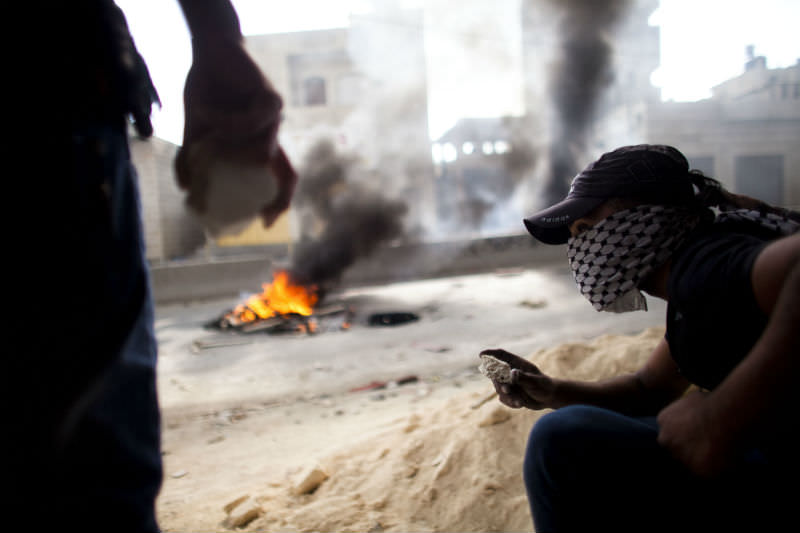
INTERNATIONAL
- Teresa Pirola
- 06 May 2019
14 Comments
I am on a study tour of Israel and Palestinian Territories. It is my eighth visit over 12 years, and each time I come away with less clarity and more questions about the tensions that plague this tiny land. Who is the oppressor? Who is the oppressed? It all depends upon the lens you look through at any given moment.
READ MORE 
-
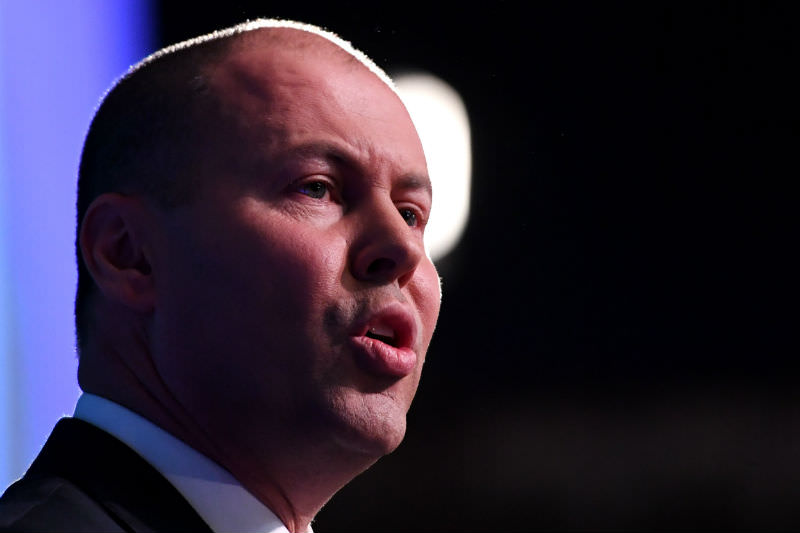
AUSTRALIA
- John Falzon
- 03 April 2019
13 Comments
The much trumpeted projected budget surplus is built on the backs of people who are left out and often made to feel that they are left over, surplus to the economy: people on low pay or no pay, young people, sole parents, people experiencing homelessness, people living with a disability.
READ MORE 
-
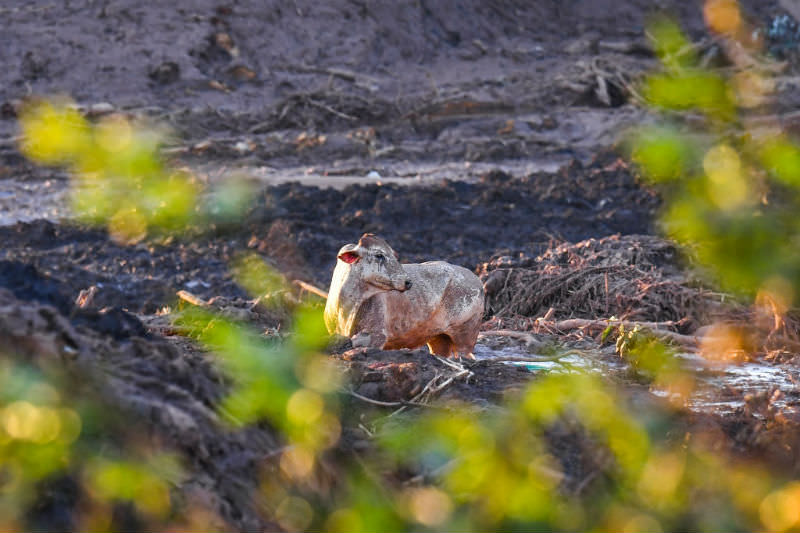
FAITH DOING JUSTICE
- Julie Edwards
- 03 March 2019
5 Comments
In January, the tailings dam of a deactivated iron ore mine in Brumadinho, Brazil failed, releasing toxic mud that caused devastation, 117 deaths and intergenerational ecological and economic consequences. It should, and could, have been prevente by the company, Vale, who was also responsible for past tailings dam destruction.
READ MORE 
-
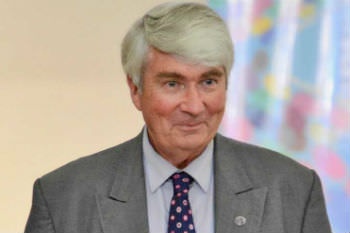
RELIGION
- Frank Brennan
- 18 February 2019
'We can do this better by breaking down the silos and binding together our concern for nature, justice for the poor, commitment to society, and interior peace.' Opening Keynote Address by Fr Frank Brennan SJ at the Catholic Social Services Australia National Conference, Port Macquarie 19 February 2019.
READ MORE
-
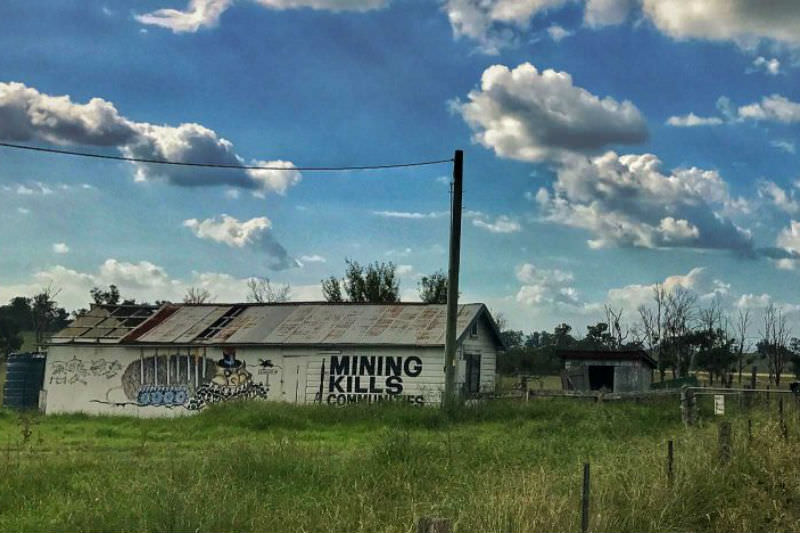
ENVIRONMENT
- Cristy Clark
- 14 February 2019
7 Comments
While in many ways this decision was uncontroversial — in that it merely upheld an earlier ministerial decision — Chief Justice Preston's judgment was significant in the Australian context both for its extensive reference to climate change and for his honour's clear acceptance of the science.
READ MORE 